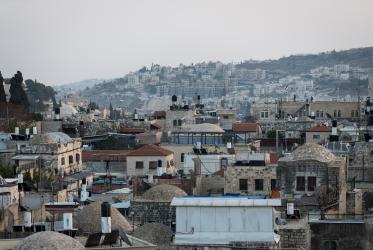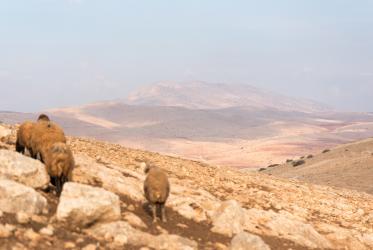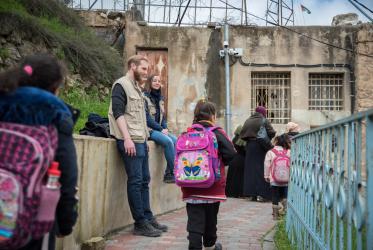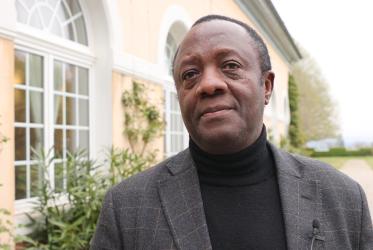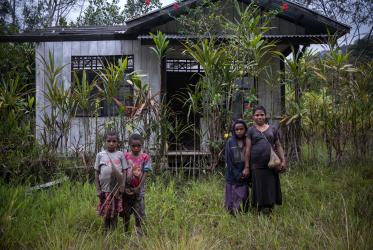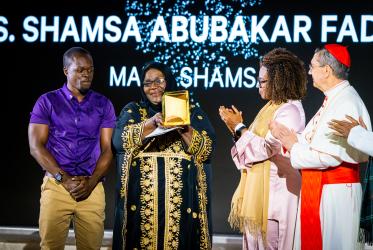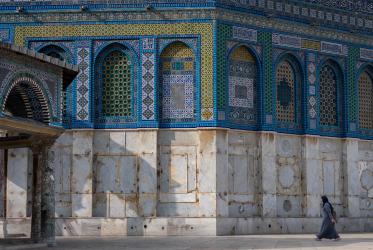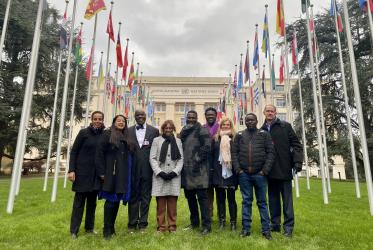Displaying 81 - 100 of 258
Kenyan woman peace-builder wins human fraternity award
14 February 2023
As Bethlehem prepares for Christmas, ‘it’s all about community’
08 December 2022
בזמן שבית לחם מתכוננת לחג המולד, "הקהילה היא העיקר"
06 December 2022

